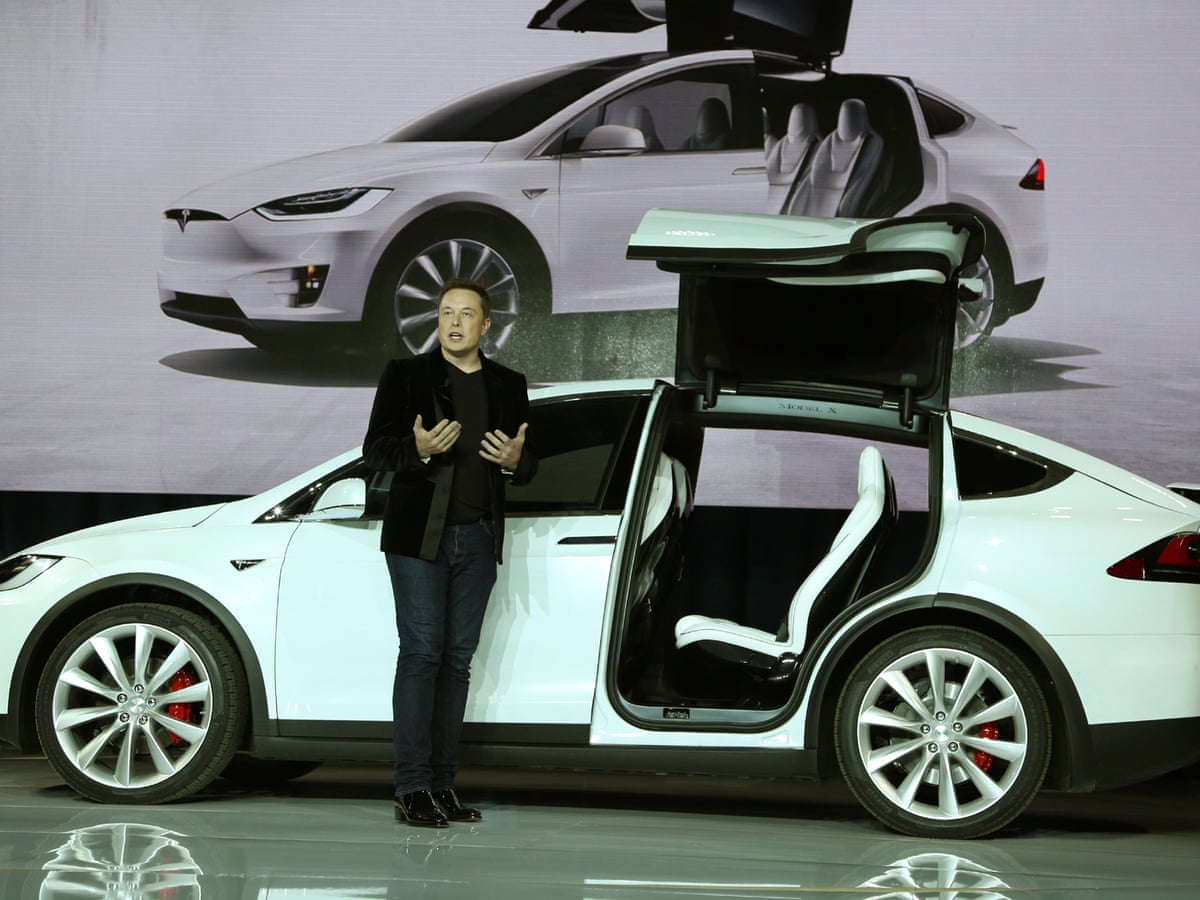Tesla’s Board Secretly Hunts for New CEO as Elon Musk’s Throne Begins to Crumble

In a move that could redefine the future of one of the world’s most iconic tech empires, Tesla’s board of directors has reportedly begun a discreet but determined search for a new CEO to replace Elon Musk—without his knowledge. According to a detailed report from the Wall Street Journal, the board initiated contact with executive search firms more than a month ago, raising eyebrows across Silicon Valley and Wall Street alike.
This internal maneuvering does not stem solely from the company’s recent market struggles or its 71% plunge in profits earlier this year—it appears the board’s growing frustration is more focused on Musk’s shifting priorities, particularly his deepening involvement in politics and government affairs in Washington D.C., far from Tesla’s California roots.
Musk, once hailed as the unrivaled innovator behind Tesla’s meteoric rise, is now being scrutinized not just for his business decisions but for what some perceive as a dangerous drift away from the company’s core mission. His recent role as the figurehead of the federal “Department of Government Efficiency” (DOGE)—a controversial initiative launched by the current administration—has sparked concern among Tesla investors, stakeholders, and even senior executives.
:max_bytes(150000):strip_icc()/GettyImages-2204003073-77d48c825b5c4efb9e262ae5b83b33a6.jpg)
What was once an occasional detour into public policy has now become a full-blown political presence, and the Tesla board is beginning to question whether the man who put electric vehicles on the global map has lost focus on the company that made him a household name.
Behind closed doors, tensions have escalated. The board’s composition itself—featuring high-profile names such as Musk’s brother Kimbal and James Murdoch, son of media magnate Rupert Murdoch—has led to internal friction and concerns over objectivity. Critics point to Robyn Denholm, Tesla’s chairwoman, as a central figure in this evolving power struggle.
Appointed under pressure following Musk’s infamous 2018 tweet about taking Tesla private, Denholm has since found herself defending Musk’s record-breaking compensation package and shielding him from accountability. Activist investors and corporate governance experts argue that this dynamic has allowed Musk to operate without meaningful oversight for years. But that may be changing.
The timing of this covert CEO search is as critical as it is symbolic. Tesla is not just facing internal disarray—it is also battling external pressures that threaten to derail its dominance in the electric vehicle (EV) industry.
Sales across the board are stagnating, with Tesla’s aging lineup of vehicles facing stiff competition from both legacy automakers and agile startups in China and Europe. Despite having once revolutionized the auto industry, Tesla now finds itself on the defensive, with prices being slashed and margins tightening to maintain relevance.
Meanwhile, Musk has poured increasing attention into ventures that many critics describe as distractions—namely AI-driven humanoid robots, speculative autonomous taxi services, and his sprawling social media and AI empire.
While Musk has publicly pledged to “recommit” to Tesla following concerns about his divided focus, sources familiar with the matter suggest that the board is unconvinced. Insiders say his reassurances have lacked substance, and his track record of flitting between Tesla, X (formerly Twitter), Neuralink, SpaceX, and various political ventures has only deepened doubts about his ability to prioritize the company long-term.
This growing skepticism is compounded by a series of public relations crises, including a dramatic rise in vandalism at Tesla showrooms and charging stations across the U.S. and Europe. Analysts tie this backlash directly to Musk’s polarizing political stance and increasing flirtation with far-right ideologies on both sides of the Atlantic.
Despite this chaos, Musk appears characteristically unbothered—at least publicly. It remains unclear whether he is even aware of the board’s ongoing efforts to identify a successor. If he is, he has made no sign of yielding his post.
And if history is any guide, Musk is unlikely to relinquish control of the company he founded without a dramatic fight. Tesla and Musk both declined to comment for the Wall Street Journal story, reinforcing speculation about the secrecy of the search and the sensitivity surrounding it.
For Tesla shareholders, this may be the most pivotal moment since the company’s inception. Tesla is no longer simply an automaker.
It has transformed—or at least attempted to—into an all-encompassing tech conglomerate, straddling artificial intelligence, robotics, energy, and digital infrastructure. But that ambition comes with an enormous burden of focus, leadership, and stability—qualities that many observers now question Musk’s ability to provide. With multiple balls in the air and no clear roadmap for any of them, Tesla risks becoming a jack-of-all-trades and master of none.
Institutional investors are reportedly divided. Some see Musk’s vision as irreplaceable, the lifeblood of Tesla’s brand identity and innovation.
Others view his erratic behavior and dispersed attention as a liability that could unravel everything the company has built. Tesla’s stock has recently recovered slightly from its Q1 plunge, but confidence remains fragile.
The prospect of leadership change could be a double-edged sword—offering a chance at renewed focus, or igniting further uncertainty if not managed with transparency and stability.
The elephant in the room, of course, is Musk’s own ego and historical resistance to interference. His past clashes with regulators, his dismissal of board recommendations, and his unpredictable Twitter tirades have long cemented his reputation as a maverick leader. Replacing him—or even attempting to—would likely result in a public and possibly legal battle, further destabilizing the company at a time when it most needs clarity.
Meanwhile, speculation runs rampant about who might be considered to take the reins. Names floated in venture circles include former Apple executive Doug Field, who once led Tesla’s Model 3 program before defecting, and Mary Barra of GM, although her entrenched position at a legacy competitor makes such a move unlikely.
Some insiders suggest the board may favor a more tech-centric candidate—perhaps with deep roots in AI or robotics—to shepherd the company into its next phase.
What remains clear is that Tesla is at a crossroads. Its original mission—accelerating the world’s transition to sustainable energy—now competes with Musk’s personal obsessions and political entanglements. The board must now make a stark choice: continue enabling Musk’s increasingly chaotic leadership, or risk a painful break that could give Tesla the stability it needs to fulfill its next great vision.
For years, Elon Musk was the engine, the voice, the icon of Tesla. But now, as his throne begins to crumble and the board quietly prepares for a future without him, the company stands on the edge of an identity crisis.

Can Tesla succeed without Musk? Or has the brand become so intertwined with his cult of personality that any attempt to separate them will doom them both?
These questions will define Tesla’s next chapter—and perhaps, the legacy of Musk himself.






